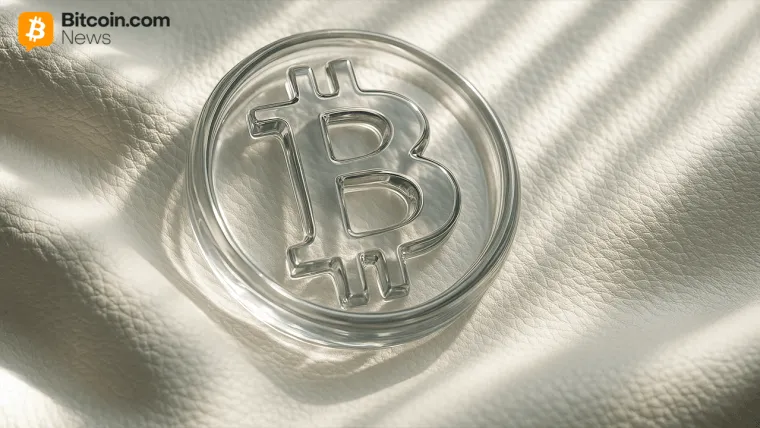Blockchain.com has secured a MiCA license in Malta, the latest in a wave of crypto firms seeking access to the EU market through the island, including Kraken, Gate, and Gemini.
A spokesperson for Blockchain.com told Decrypt that Malta offered “the right combination of regulatory transparency, institutional expertise, and strategic access to the European Economic Area”.
“It will serve as the center of our European operations moving forward. With Fiorentina D’Amore now leading our EU strategy from Malta, we’re well positioned to expand services across the region with full compliance and strong local leadership,” they added.
The licensing marks a significant expansion for Blockchain.com in Europe, where the company has reoriented its business away from centralized exchanges toward brokerage, institutional infrastructure, and self-custody wallet services—all segments it sees as increasingly important.
A spokesperson said the firm is also monitoring regulatory developments in the UK, Singapore, Latin America, and the Middle East, and remains attentive to the possibility of a U.S. public listing—though it didn’t address rumors from earlier this week that it was planning for one.
MiCA and “passporting”
MiCA, short for Markets in Crypto-Assets Regulation, came into full effect in late 2024, creating the first unified rulebook for digital asset providers across the European Union. It allows crypto firms to apply for authorization in one member state and use it as a "passport" to operate throughout the 27-country bloc.
Malta’s light-touch approach to crypto regulation has raised eyebrows among European regulators. In mid-September, markets authorities from France, Austria, and Italy called for stronger EU oversight, noting that early implementation of MiCA has revealed major differences in how national regulators supervise crypto markets. They argued that direct supervision by the European Securities and Markets Authority (ESMA) would better protect investors.
A July ESMA review of Malta’s licensing practices found that while the Malta Financial Services Authority (MFSA) demonstrated solid expertise and cooperation, some risks were not fully assessed during authorization. Critics say Malta’s lenient stance on gambling and its history of offering "golden passports" have fed perceptions of regulatory arbitrage allowing easier access to the EU than would be possible in neighbouring countries.
The European Banking Authority (EBA) has also flagged what it calls “forum shopping,” where crypto companies seek authorization in countries perceived as more lenient before using their licenses across the EU. It warned this practice could undermine the integrity of the bloc’s financial system.
Despite the criticism, some legal experts argue regulatory diversity is an inevitable feature of a single market. Dr. Hendrik Müller-Lankow, a lawyer at German firm Kronsteyn, previously told Decrypt that supervisory arbitrage is occurring across Europe but remains a byproduct of balancing national discretion with EU integration.
“It is well known that people—and thus also authorities—in different member states have different mentalities when applying laws,” he said.
免责声明:本文章仅代表作者个人观点,不代表本平台的立场和观点。本文章仅供信息分享,不构成对任何人的任何投资建议。用户与作者之间的任何争议,与本平台无关。如网页中刊载的文章或图片涉及侵权,请提供相关的权利证明和身份证明发送邮件到support@aicoin.com,本平台相关工作人员将会进行核查。




